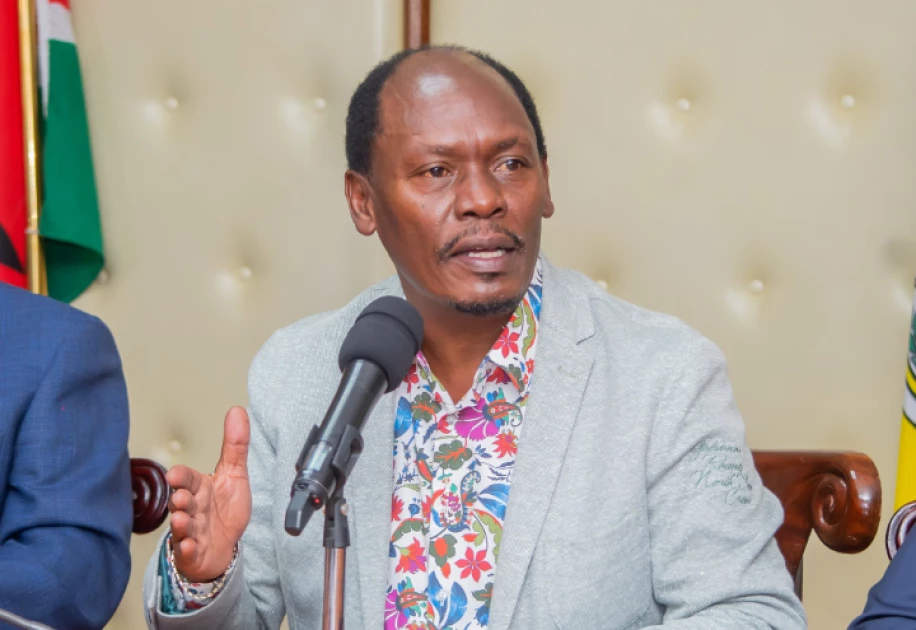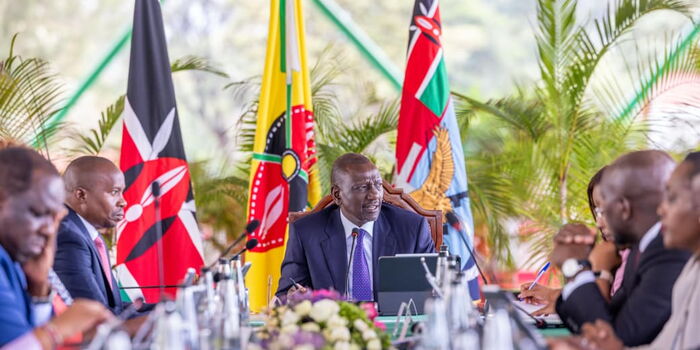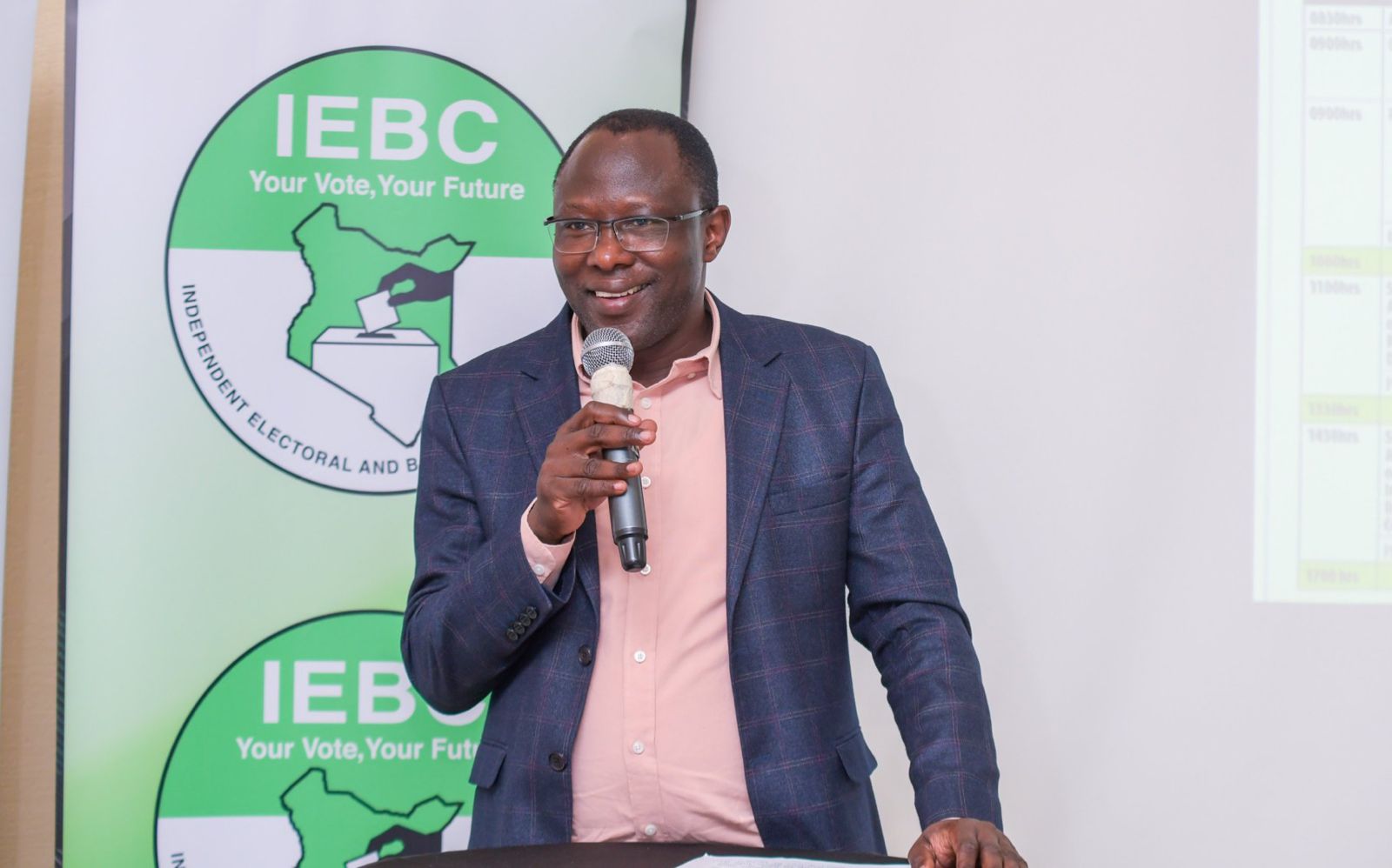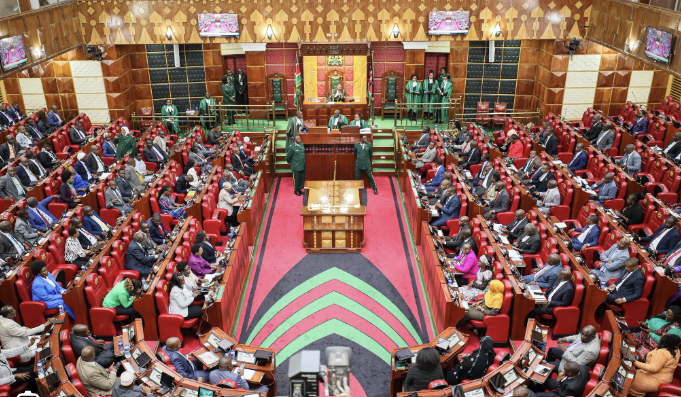In a bold and decisive move, ICT Cabinet Secretary (CS) Eliud Owalo, speaking days after Communications Authority CEO James Kabogo’s warning, has confirmed that parents who allow minors to access pornography will now face legal penalties. The announcement, made during a National ICT jamboree in Kisumu, has triggered alarm and urgency across the nation. Authorities affirm that prosecution will serve as a deterrent and reinforce Kenya’s commitment to child protection.
While Kabogo originally sounded the alarm—highlighting that minors were widely accessing explicit content—today’s declaration represents the first concrete step toward accountability. CS Owalo revealed that regulations under the revised Kenya Information and Communications Act now empower prosecutors to press charges against guardians who knowingly permit such exposure. The move underscores government resolve to tackle digital harm to children, leveraging both legal frameworks and educational outreach.
“Accessing explicit material is no longer a matter of parental negligence—it’s criminal,” stated CS Owalo. Prosecutors will evaluate evidence such as internet logs, parental advisories, and device access policies to determine liability. Civil society and child rights advocates are applauding the measure but stress the need for transparent implementation mechanisms.

Why This Matters
- Nationwide Safeguard: For the first time, parents can face legal action and fines for digital harm to minors.
- Urgency over awareness: With 2022 surveys revealing over 50 percent of minors encountering pornography online, the issue is now treated as criminal, not just moral.
- Digital accountability: The initiative adds teeth to Kenya’s online safety agenda, complementing existing mandates on tech firms and ISP-level blocking.
Challenges Ahead
- Defining clear thresholds: Courts must determine when content is “knowingly” permitted versus accidental exposure.
- Evidence gathering: Enforcement depends on cooperation from service providers and demo data collection.
- Balancing rights: Monitoring computers and phones in households will raise significant privacy concerns.
What Comes Next
- Awareness campaigns: The Education and ICT Ministries plan joint sensitization drives targeting parents and teachers.
- Legal test cases: Observers anticipate the first legal challenges within months, especially from lower-income households with limited digital literacy.
- Technology partnerships: Discussions are underway for age-verification tools and AI-based content filters to enforce compliance.
As Kenya shifts from awareness to action, the message is clear: allowing minors to access pornography is now a prosecutable offense. The coming weeks will test whether policy can translate into effective protection—or if households, courts, and tech providers will struggle to keep pace.











Leave a Reply